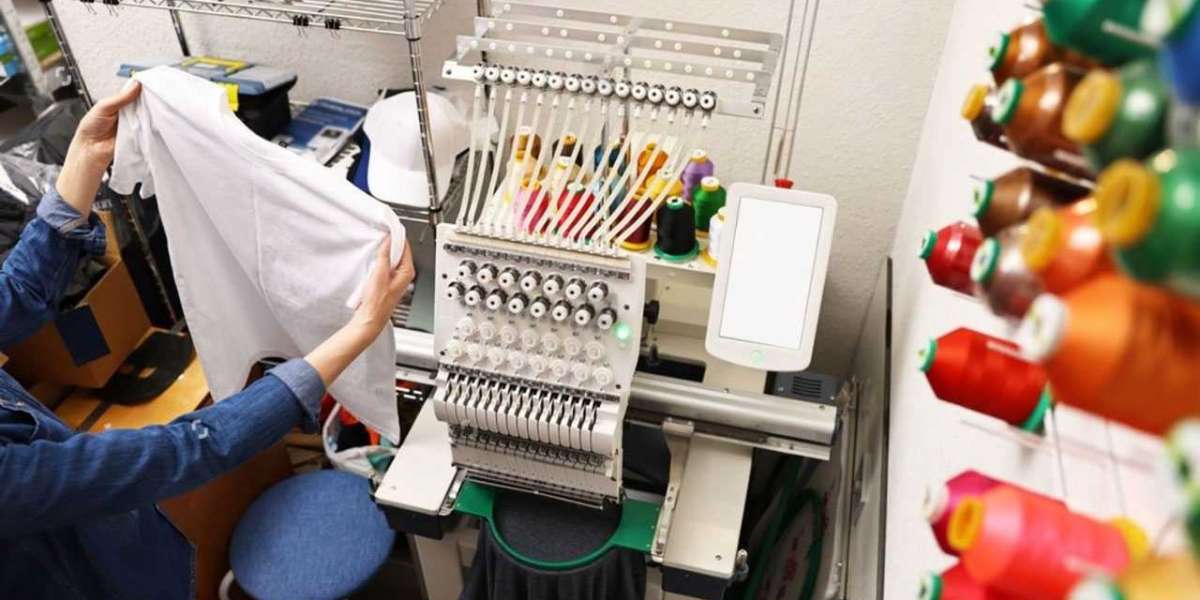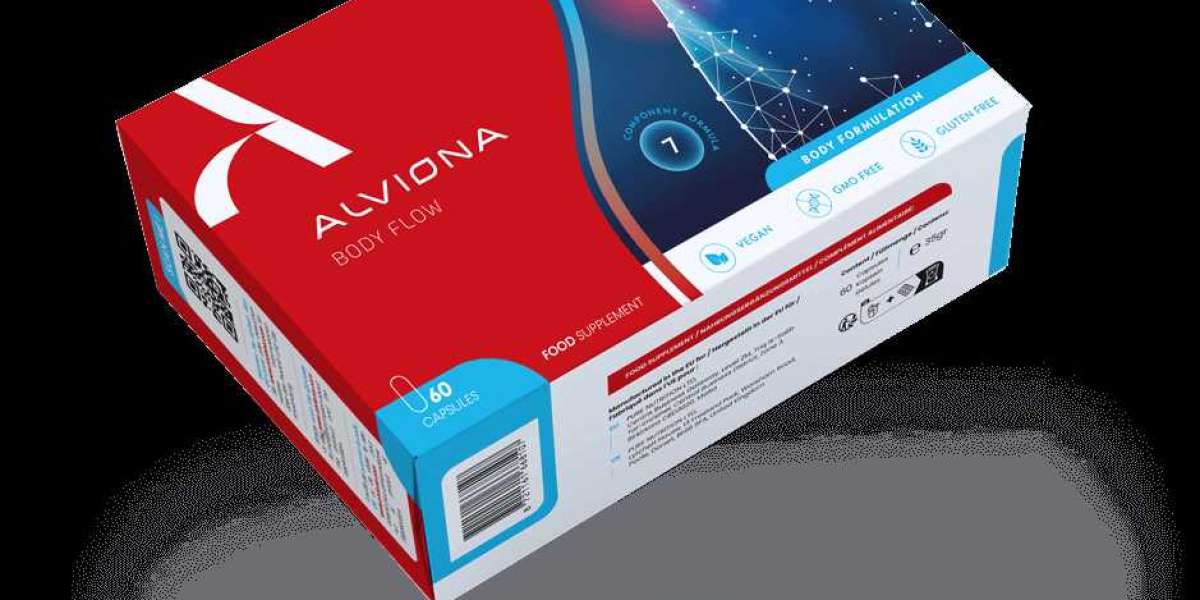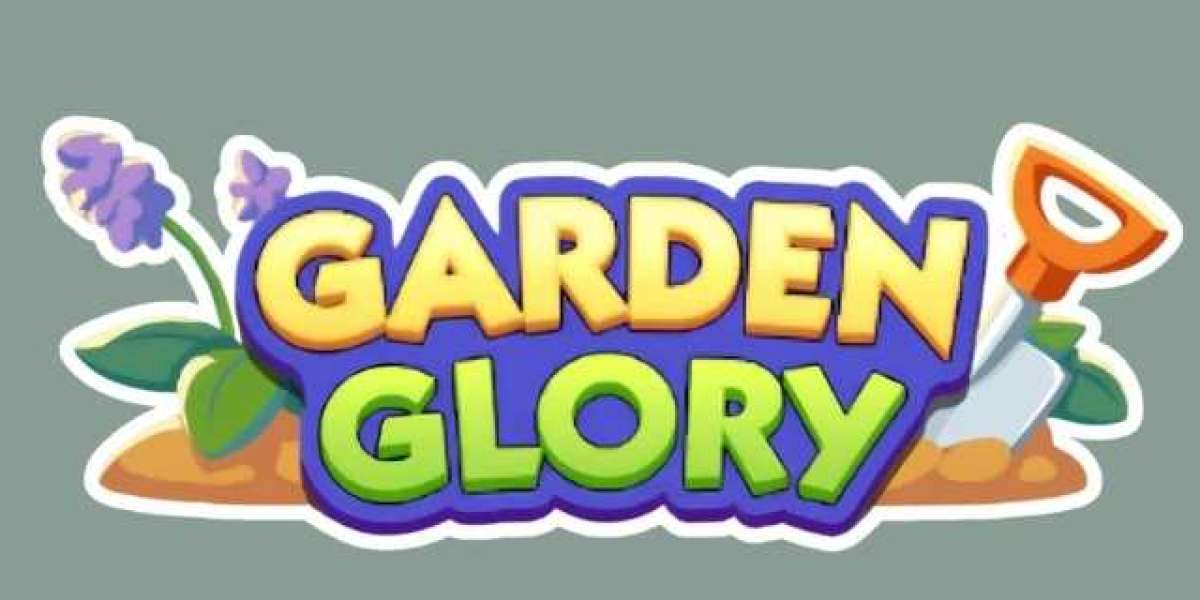wondered what it really takes to turn a logo into a beautifully stitched embroidery design? The process goes far beyond just dragging a JPG into software. From resolution and complexity to machine compatibility and expert touch-ups, From Pixels to Stitches: True Cost to Digitize a Logo for Embroidery explores every angle of pricing. Whether you're prepping branded hats, uniforms, or merchandise, understanding the cost structure helps you make smart decisions—and avoid unpleasant surprises.
What Does "Digitizing" Actually Mean?
Digitizing Defined
Digitizing is the process of mapping your visual logo into stitch paths that an embroidery machine can execute—defining where each stitch goes, what type it is (satin, fill, or run), thread color order, underlay support, and density.
Why Complexity Drives Cost
More intricate logos—like those with gradients, overlapping elements, or fine fonts—require advanced stitch planning and manual adjustment, increasing the labor and, thus, price.
Factors That Impact the Cost to Digitize Your Logo
Here’s a list of cost drivers to keep in mind:
Design Complexity
Simple geometric logos are quick to convert.
Detailed illustrations or multi-color gradients require more effort and testing.
Size and Hoop Area
Larger designs or unusual hoop dimensions add time and testing, pushing up cost.
Stitch Count Underlay Settings
High-density designs with complex underlay paths cost more due to precision tweaks.
File Format Machine Compatibility
Some conversions require extra steps for specific file formats (.PES, .DST, .JEF, .EXP), adding cost depending on necessary compatibility adjustments.
Delivery Speed Revisions
Rush jobs or multiple revisions can increase fees.
Professional Experience Tools
Veteran digitizers using top-tier software like Wilcom or Hatch charge more than hobbyists with free tools.
Typical Pricing Tiers Explained
Budget Freelancers or Basic Auto-Digitizing: $10–$25
These options are best for logos with few colors and minimal detail. Ideal for hobbyists or one-off personal projects—but quality may vary.
Mid-Level Digitizers or Entry Software: $25–$50
Includes basic manual edits, underlay fine-tuning, and initial test stitch. Better suited for small business needs or light professional use.
Professional Digitizing Services: $50–$100+
Top-tier providers will meticulously digitize your logo with manual stitches, color matching, density balancing, and multiple test files to ensure perfect output. Best for large-scale production or high-stakes branding.
How to Decide Where to Spend
Ask Yourself: What’s Your Priority?
Is accuracy more important than cost?
Do you need rush service or multiple formats?
Are you okay with a simple auto-digit version or need full manual polish?
Budget-Friendly DIY Tools
Free tools like Ink/Stitch or trial versions of SewArt let you practice converting logos.
Ideal if you plan to digitize multiple designs over time and don’t mind a learning curve.
When to Hire a Pro
You're producing merchandise at scale
Precision and quality can’t be compromised
You need version control for multiple machines or formats
Step-by-Step Workflow for Cost-Effective Digitizing
Prepare your logo
Use vector files or high-resolution PNGs. Simplify details where possible.
Estimate cost tiers
Reach out to a few digitizers or software providers for quotes.
Run a test stitch
Especially important for mid- or high-tier providers.
Review and request revisions
Check stitch density, alignment, color stops, and overall appearance.
Approve and finalize
Once satisfied, request final file formats and usage rights.
Hidden Costs to Watch Out For
Revision Fees
Some providers charge for changes after delivery. Clarify revision terms up front.
Additional File Formats
If you need multiple machine-compatible versions (.PES, .DST, etc.), some digitizers charge extra.
Rush Turnaround Charges
Any requested delivery within 24–48 hours may incur a surcharge.
How to Get Cheaper Digitizing Without Losing Quality
Combine similar logos into batch jobs with the same provider to negotiate discounts.
Provide clean, simplified artwork to reduce manually intensive work.
Limit revision rounds by clarifying design expectations beforehand.
Take advantage of package pricing if you need multiple formats or variants.
Comparing DIY vs. Professional Digitizing
DIY Conversion
Pros: Low cost, full control, reusable workflow
Cons: Time-consuming, variable quality, steep learning curve
Hiring a Pro
Pros: Consistently high quality, support for complex designs, fast turnaround
Cons: Higher cost, less flexibility after final delivery
Case Studies — Real Cost Scenarios
Case A – Simple Text Logo
Single-color, block letters. Digitized by a freelancer: about $15.
Recommended for sample runs or team branding with minimal color.
Case B – Multi-Color Logo with Fine Details
4+ colors, small text, layered elements. Professional digitizing: about $75.
Ensures clean transitions and crisp stitching at scale.
Case C – Custom Font + Gradient Effects
Needs manual stitch adjustment, test runs. High-end provider charges $90+.
Perfect for merchandising with strong visual impact.
Conclusion
Understanding From Pixels to Stitches: True Cost to Digitize Your Logo for Embroidery means looking beyond the base price. It's about complexity, revisions, format needs, and quality expectations. Budget options can work well for simple logos or hobby use—but investing in professional digitizing pays off when accuracy and consistency matter most. Whether you choose to DIY or hire expert help, knowing the cost factors helps you budget smart and get your logo looking flawless in thread form.
FAQs
1. How much does a basic logo digitizing cost?
Starting at around $10–$25 for simple, single-color logos using auto-digitizing services.
2. Why do some digitizers charge more than $50?
These rates typically include manual adjustments, stitch previews, revisions, and expert quality control.
3. Can I lower the cost by providing my own logo file prep?
Yes—providing clean, high-resolution artwork and reducing unnecessary details can bring down time and expense.
4. Do I need multiple file formats?
Only if you're using different embroidery machines. Each brand (Brother, Tajima, Bernina) often needs a specific format like .PES or .DST.
5. Is DIY digitizing good enough for business use?
It can be, if you’re willing to learn and invest time. But for professional branding or large orders, hiring a pro ensures consistency and quality.



